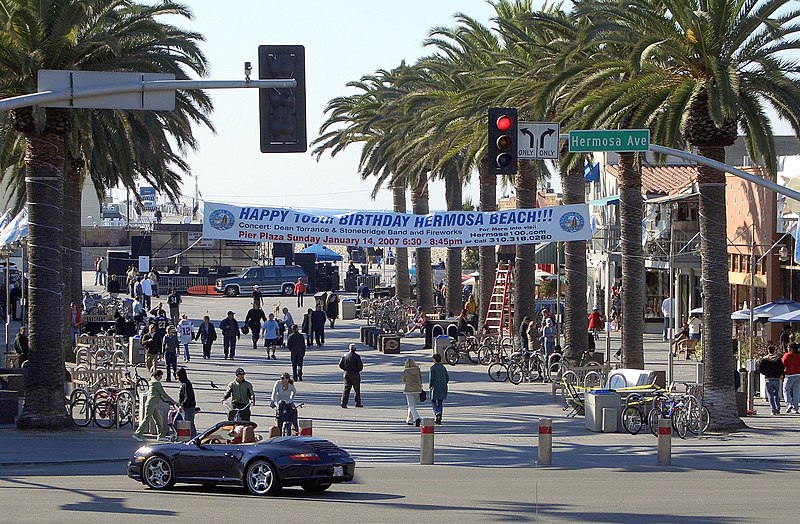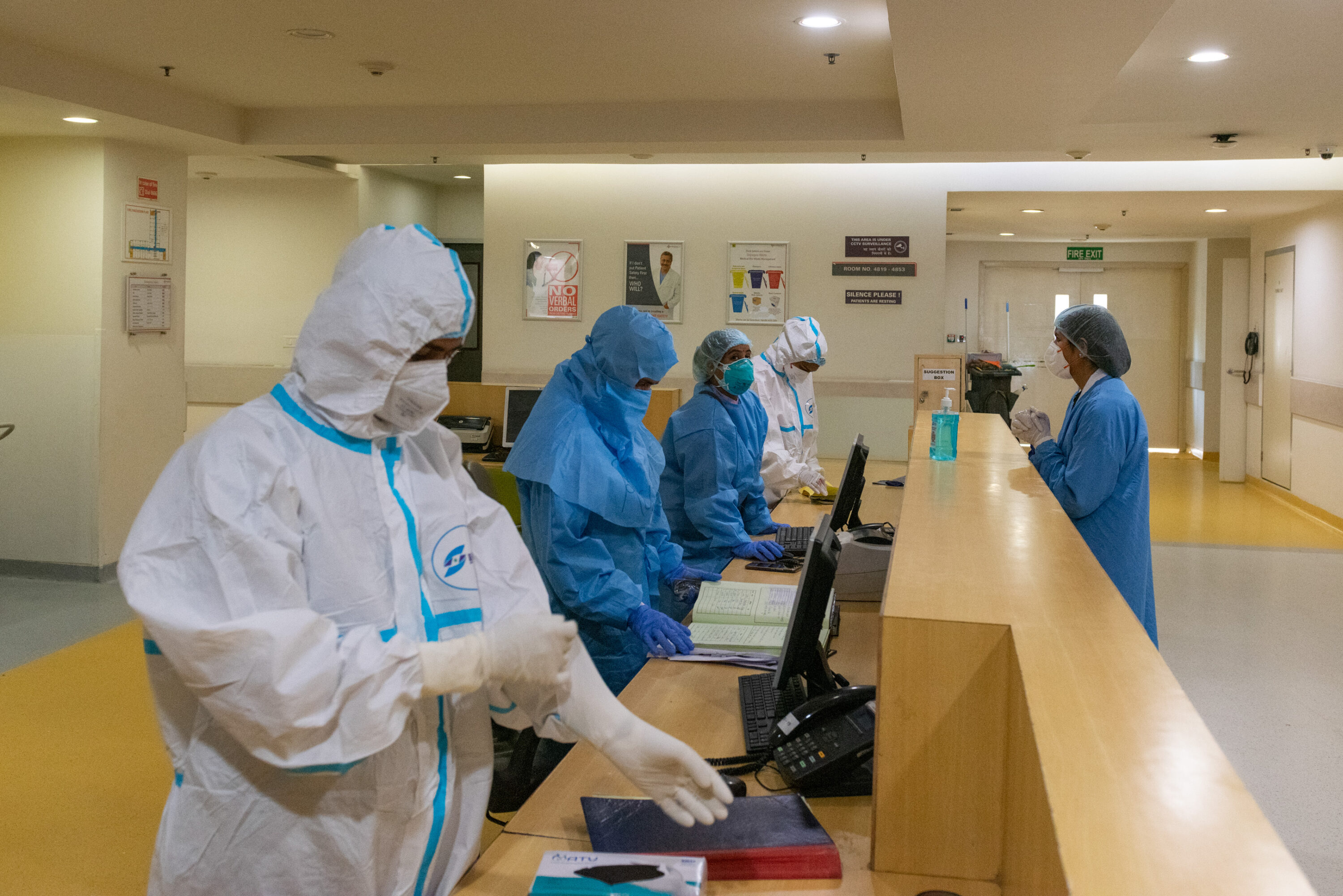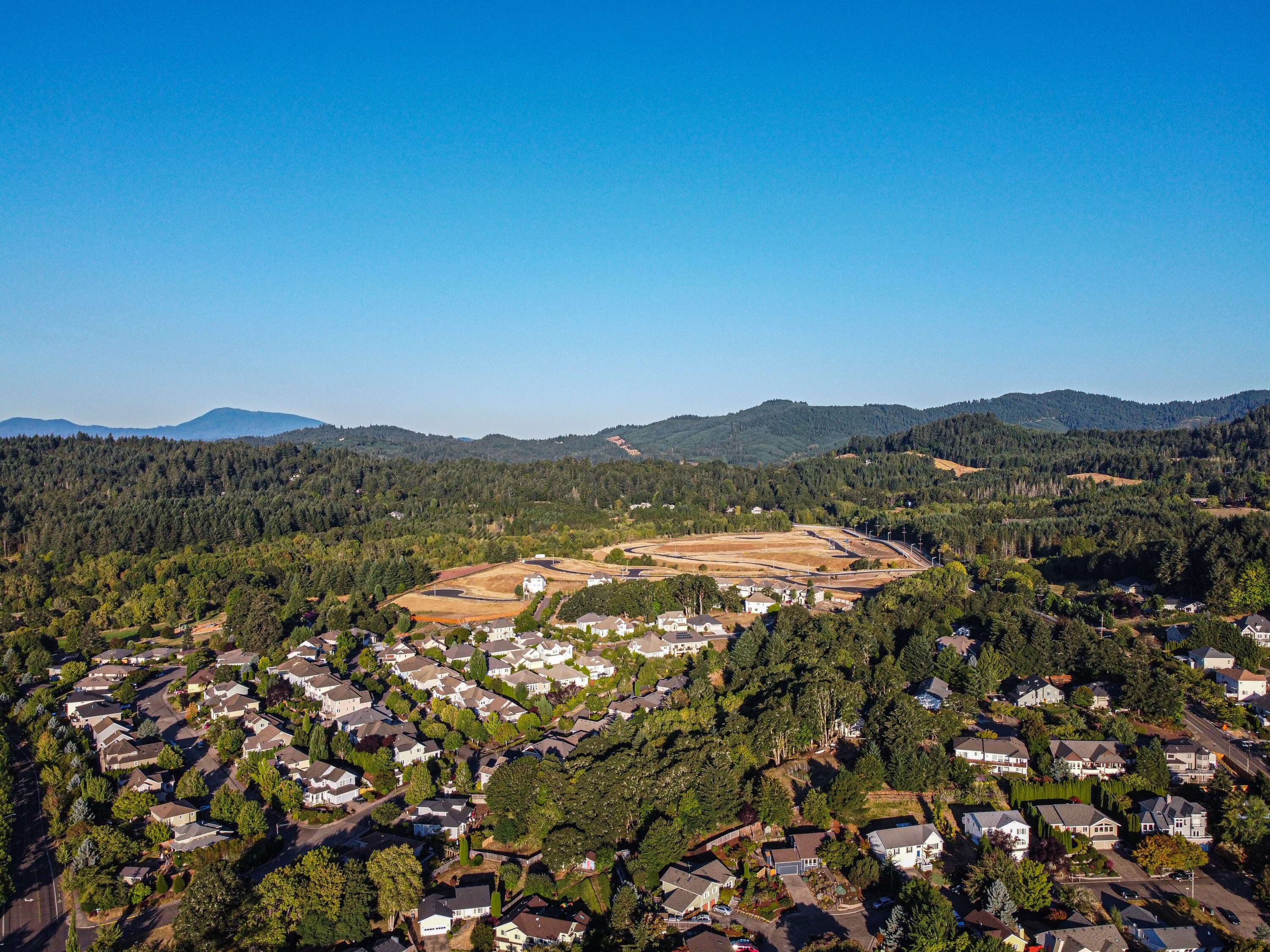A new report sponsored by the Asset Funders Network (AFN) and produced by the University of California, Berkeley’s Urban Displacement Project (UDP), delivers concrete findings from a newly developed mapping tool focused solely on People of Color (POC) small businesses in the Bay Area.
The research both confirms that the economic fragility that was exposed by the impacts COVID-19 has its roots in historic, systemic inequities and provides promising policy recommendations to support POC-owned businesses moving forward.
In response to poor data availability on the impacts to local People of Color (POC) owned businesses in the San Francisco Bay Area, UDP conducted a multi-stage process throughout 2021 that culminated in the creation of 1) an online mapping tool that identifies vulnerable POC owned-businesses in the Bay Area and 2) a set of reform policies for engaging stakeholders in supporting POC-owned businesses.
“This mapping tool provides us with deeper insight into the challenges facing small businesses owned by people of color in the Bay Area and gives us concrete policy solutions to support their longer-term economic resilience,” said Manuel J. Santamaria, VP Community Action, Silicon Valley Community Foundation. “If we truly want change, the time is now to invest in the necessary policy reforms.”
The neighborhood vulnerability mapping identifies concentrations of BIPOC-owned businesses across all ZIP codes in the nine-county Bay Area region. Across all sectors, 29% of businesses are POC-owned. The sectors with an over-representation of POC-ownership include transport and warehousing, accommodation, administration, personal services and food services.
Top findings from the mapping analysis include:
- Twenty-nine percent of all businesses in the nine-county Bay Area region are estimated to be POC-owned.
- There are an estimated 6,238 minority-owned businesses across Oakland, Redwood City, Richmond, San Jose, San Francisco, and South San Francisco.
- Nearly half of minority-owned small businesses identified across the six study areas are Asian-owned.
- The majority of minority-owned small businesses are concentrated in San Francisco (37%) followed by Oakland (29%) and San Jose (26%).
- Approximately one-third of minority-owned businesses identified across the six cities also own their commercial properties.
- Latinx-owned businesses and Black-owned businesses had lower rates of access to PPP loans compared to Asian-owned businesses.
- Owner-occupancy rates are higher for child care and arts businesses (at 65% and 46%, respectively).
- Food and beverage services has the lowest owner-occupancy rate at 30%, which means that 70% of food and beverage services businesses rent their current premises.
The map shows that without targeting vulnerable POC-owned businesses, policy interventions may be ineffective. Policy recommendations in the latest report are developed around four themes— (1) access to capital, (2) commercial displacement mitigation, (3) small business support systems, (4) data collection — and grew out the one-on-one conversations and focus groups UDP held with local stakeholders, including city governments, various ethnic chambers of commerce, economic development directors, CDFIs, and small business associations.
The conversations served as ground-truthing exercises, but also helped surface resources such as technical assistance, loans, and marketing to help POC businesses recover.
The Urban Displacement Project (UDP) is a research and action initiative of the University of California Berkeley and the University of Toronto. UDP conducts community-centered, data-driven, applied research toward more equitable and inclusive futures for cities. The research aims to understand and describe the nature of gentrification, displacement, and exclusion, and also to generate knowledge on how policy interventions and investment can support more equitable development.







